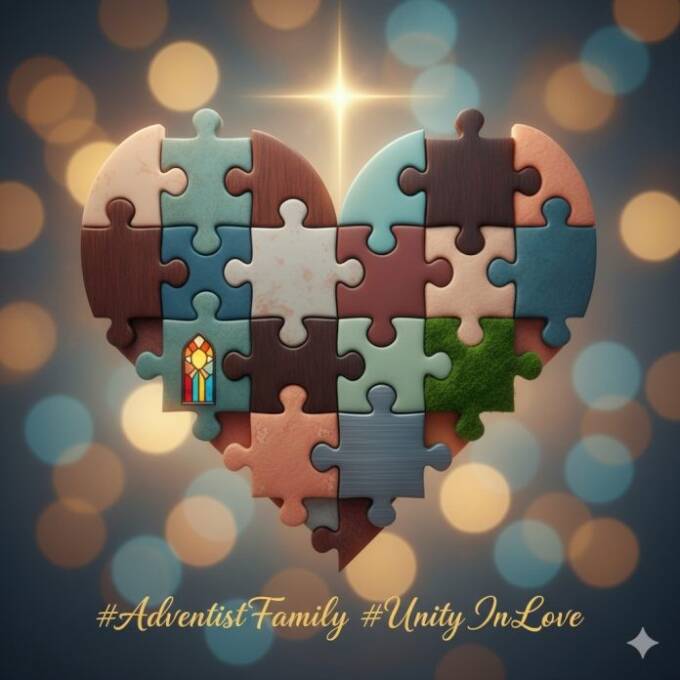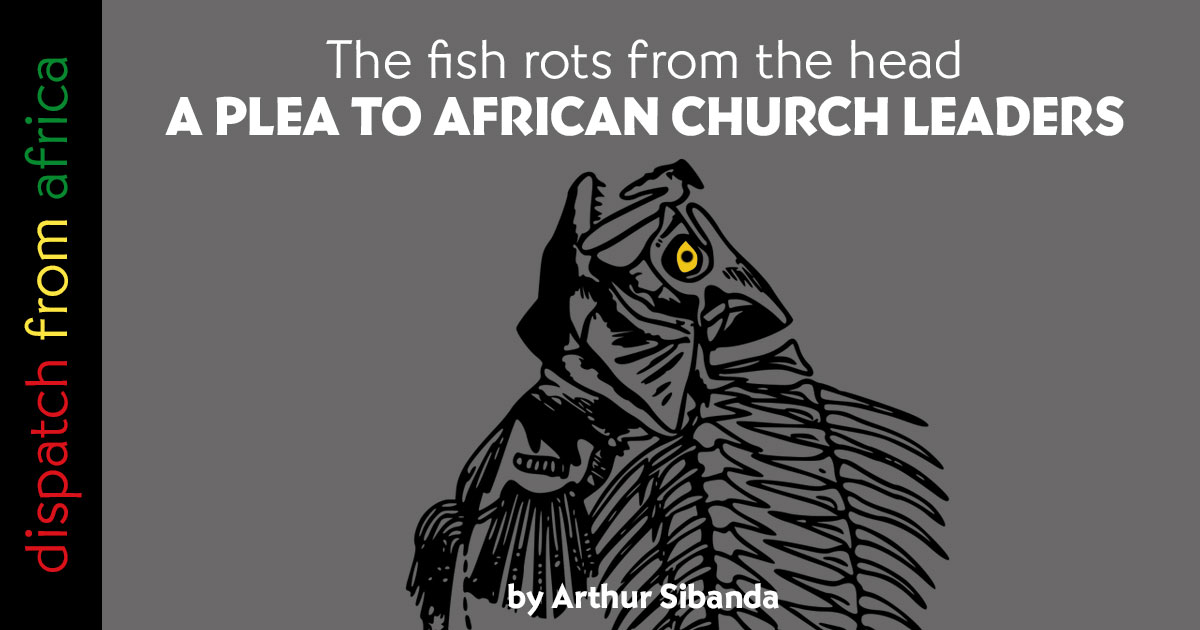Daily Lesson for Friday 27th of February 2026
Further Thought
“We have no righteousness of our own with which to meet the claims of the law of God.
But Christ has made a way of escape for us. . . . If you give yourself to Him, and accept Him as your Saviour, then, sinful as your life may have been, for His sake you are accounted righteous. Christ’s character stands in place of your character, and you are accepted before God just as if you had not sinned.
“More than this, Christ changes the heart. He abides in your heart by faith. You are to maintain this connection with Christ by faith and the continual surrender of your will to Him; and so long as you do this, He will work in you to will and to do according to His good pleasure. . . .
“So we have nothing in ourselves of which to boast. We have no ground for self-exaltation. Our only ground of hope is in the righteousness of Christ imputed to us, and in that wrought by His Spirit working in and through us.”—Ellen G. White, Steps to Christ, Pages 62, 63.
“The light given me has been very forcible that many would go out from us, giving heed to seducing spirits and doctrines of devils. The Lord desires that every soul who claims to believe the truth shall have an intelligent knowledge of what is truth.”—Ellen G. White, Evangelism, p. 363.
Discussion Questions
|




